
| Home | Aerospace | Biology | Chemical | Computers | Mathematical | Mechanics |
Schedule Summary
November 25
Clicking on a link in this table would take you directly to the meeting.
| 09:00 | Gandham Phanikumar | Keynote Address |
| 9:30 | Alankar Alankar | Machine Learning Assisted Multiscale Mechanics and Material Design |
| 10:00 | Gaurav Singh | Near crack tip measurement of critical stress intensity factor for anisotropic and isotropic solids at atomistic scale |
| 10:30 | Vibhor Pandhare | Collaborative Learning for Manufacturing-as-a-Service |
| 11:00 | Sandeep Singh | |
| 11:30 | Dipayan Mukherjee | Shape morphing of permanently magnetizable elastomers – application to catheter navigation |
| 12:00 | Ushasi Roy | |
| 12:30 | Anirban Patra | High performance computing for crystal plasticity simulations using ρ-CP |
| 13:00 | Lunch Break | |
| 14:00 | Amlan Dutta | Atomistic modeling of line defects in crystalline solids |
| 14:30 | Ankit Jain | Atomistic thermal transport in technologically relevant solids |
| 15:00 | Appala Naidu Gandi | Mechanical Behavior Studies Using First-Principles Calculations |
| 15:30 | G. Sainath | Computer simulations for mechanical behaviour of nanowires and nanocrystalline materials |
| 16:00 | Manoj Warrier | Statistical Uncertainities in Molecular Dynamics Simulations of Material Response to High Strain Rates and Collision Cascade Simulations |
Our Esteemed Speakers
| Keynote Address on November 25 at 09:00 | |
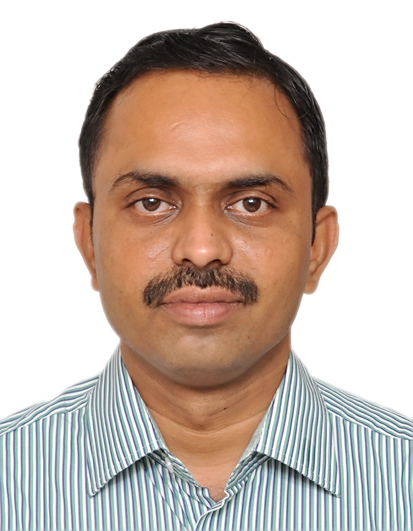 Gandham Phanikumar IIT Madras | Keynote Address
Author Bio: Gandham Phanikumar is a professor at the department of MME, IIT Madras. He completed BTech from the same department and PhD from IISc Bangalore. His research interests include Phase field modelling of solidification, Thermal field and distortion analysis during welding, and Integrated computational materials engineering. He was awarded Metallurgist of the Year from the Ministry of Steel and Mines in 2019. |
| November 25 at 9:30 | |
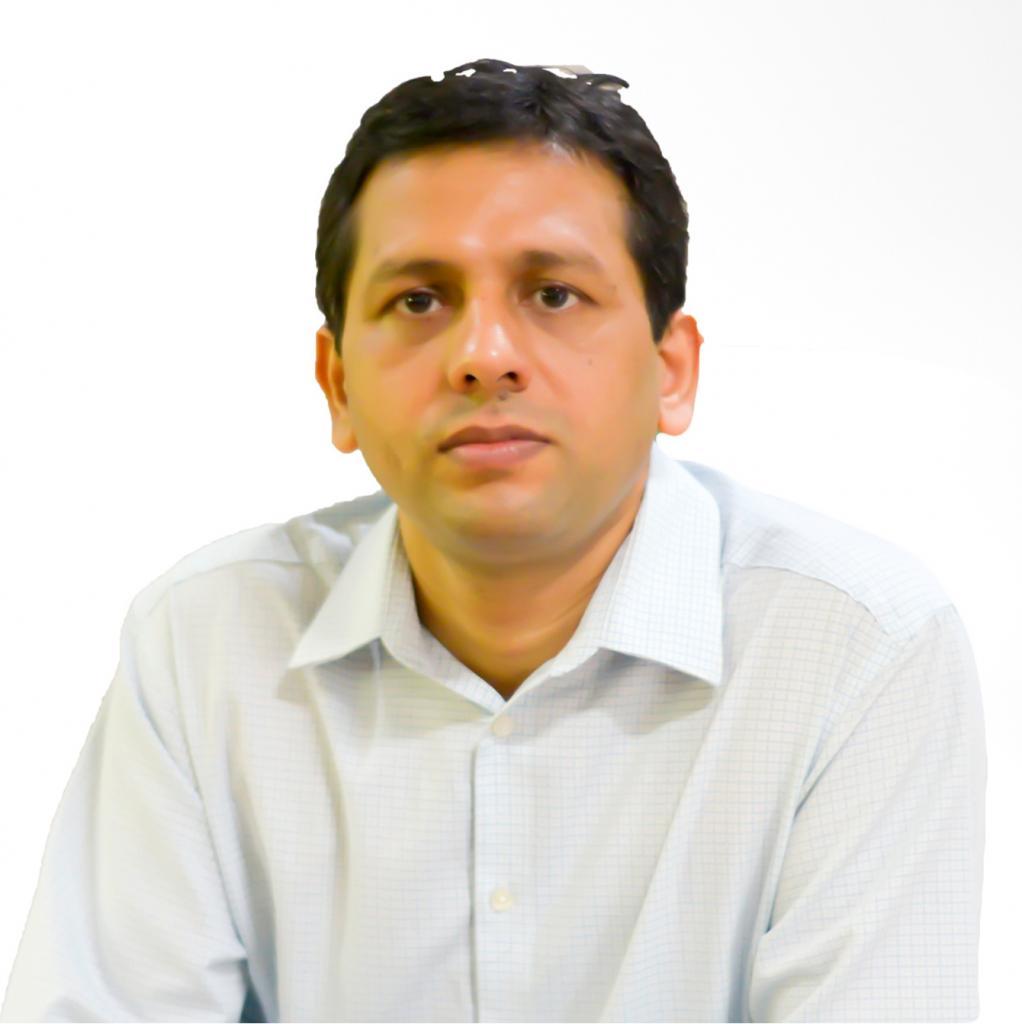 Alankar Alankar IIT Bombay | Machine Learning Assisted Multiscale Mechanics and Material Design Author Bio: Alankar Alankar is a faculty member at the Mechanical Engineering, IIT Bombay. He completed BTech from IIT Roorkee, MASc from UBC, Canada, and PhD from Washington State University, USA. His research interests include Materials Informatics, Crystal Plasticity, AI/ML for Materials, Computational Mechanics of Materials, and Microstructures. |
| November 25 at 10:00 | |
 Gaurav Singh IIT Delhi | Near crack tip measurement of critical stress intensity factor for anisotropic and isotropic solids at atomistic scale Author Bio: Gaurav Singh is an associate professor at the Department of Applied Mechanics, IIT Delhi. He completed PhD from Imperial College London. Prior to joining IIT Delhi, he was an assistant professor at BITS Pilani Goa. His research interests are Theories, simulations and experiments of fundamental issues in fracture mechanics. |
| November 25 at 10:30 | |
 Vibhor Pandhare IIT Indore | Collaborative Learning for Manufacturing-as-a-Service The advent of technology paradigms such as Artificial Intelligence, Internet of Things, Cyber-physical Systems, and initiatives like Industry 4.0 direct to a future where intelligence is endowed to every value-adding entity across enterprises. Building on this foundation, the real fruits of sustainable, synergistic, and service-based profit can only be reaped through collaboration between these entities. One of the most significant outcomes of collaborative operation is servitization: selling services instead of selling assets that provide the service. For servitization in manufacturing, the upkeep of the assets becomes even more important as downtime directly transfers to the revenue lost. This requires effective monitoring of the asset fleets which are now distributed across organizations. The talk explores the challenges of collaborative learning, especially preserving data privacy, in the domain of industrial application for enhanced health management of distributed assets. Author Bio: Dr. Vibhor Pandhare is an assistant professor in the mechanical engineering department at IIT Indore. He works in the area of self-awareness in industrial digital twins with applications in the Smart Manufacturing and Healthcare domain. |
| November 25 at 11:00 | |
 Sandeep Singh IIT Indore |
Author Bio: Sandeep Singh is an assistant professor at IIT Indore in the department of Mechanical Engineering. He completed PhD in Applied Mechanics from IIT Delhi. Prior to joining IIT Indore, Sandeep was a faculty member at BITS Pilani, Goa. His varied research interests include Solid mechanics and design, Structural mechanics, Finite element method, Computational mechanics. |
| November 25 at 11:30 | |
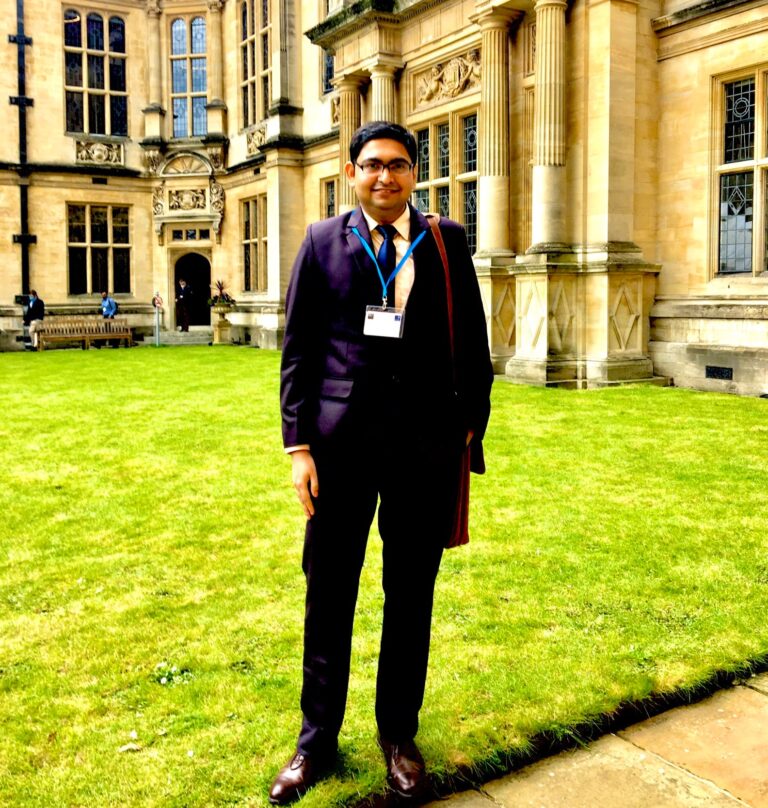 Dipayan Mukherjee IIT Kanpur | Shape morphing of permanently magnetizable elastomers – application to catheter navigation Author Bio: Dipayan Mukherjee is a Mechanical Engineer by training. He is currently working as an Assistant Professor of Mechanical Engineering at IIT Kanpur. He has completed his undergraduate studies in IIEST Shibpur, Masters from IIT Kanpur, and Ph.D. from Ecole Polytechnique, IP Paris in Engineering Mechanics. His Ph.D. thesis was on multiscale continuum modeling of permanently magnetizable soft solids. After the Ph.D., he worked in the Engineering Department of Cambridge University as a Research Associate. His research focus in Cambridge was on modeling lithium ingress in all-solid-state Li-ion batteries. At IIT Kanpur, his research is focused on application of electro/magneto/chemo-active soft materials in biomedical devices. He primarily does continuum scale modeling and simulations of soft solids. |
| November 25 at 12:00 | |
 Ushasi Roy IIT Kanpur |
Author Bio: Ushasi Roy is a faculty member in the Department of Mechanical Engineering, IIT Kanpur. She completed PhD from Georgia Institute of Technology. Her research interests are Solid mechanics, Fracture mechanics, Plasticity, Finite element analysis, Microstructure-property correlation. |
| November 25 at 12:30 | |
 Anirban Patra IIT Bombay | High performance computing for crystal plasticity simulations using ρ-CP
Author Bio: Anirban Patra obtained his Bachelors in Metallurgical and Materials Engineering from IIT Kharagpur in 2009 and Doctorate in Materials Science and Engineering from Georgia Tech (USA) in 2013. Subsequent to his PhD, Anirban worked in the machining industry at Third Wave Systems, Minneapolis (USA). He then did a post-doc from Los Alamos National Laboratory (USA), before joining IIT Bombay as a faculty in the Department of Metallurgical Engineering and Materials Science in October 2017. Anirban's research interests lie in the broad areas of computational mechanics, crystal plasticity, and constitutive modeling of structural materials. |
| Lunch Break on November 25 at 13:00 | |
| November 25 at 14:00 | |
 Amlan Dutta IIT Kharagpur | Atomistic modeling of line defects in crystalline solids Dislocations are linear defects that mediate the plastic deformation of crystalline solids. Here, we discuss how high-performance computing allows a better understanding of their structures and dynamics from a fundamental perspective down to the length and time scales of atomic motions. The method of molecular dynamics simulation is introduced and its applicability for investigating the mechanisms behind crystal-plasticity is elaborated. In particular, our recent studies involving the core-structures and nucleation of twinning dislocation are presented. Finally, we observe the challenges and opportunities in the context of true multiscale modeling of plastic deformation and discuss how the creative use of machine learning methods can complement traditional computing methods. Author Bio: Amlan Dutta is a faculty member at the Department of Metallurgical & Materials Engineering at IIT Kharagpur. His research areas are Computational material science, Modelling of dislocation dynamics, Elastoplastic behaviour of nanomaterials, and Bulk metallic glasses. |
| November 25 at 14:30 | |
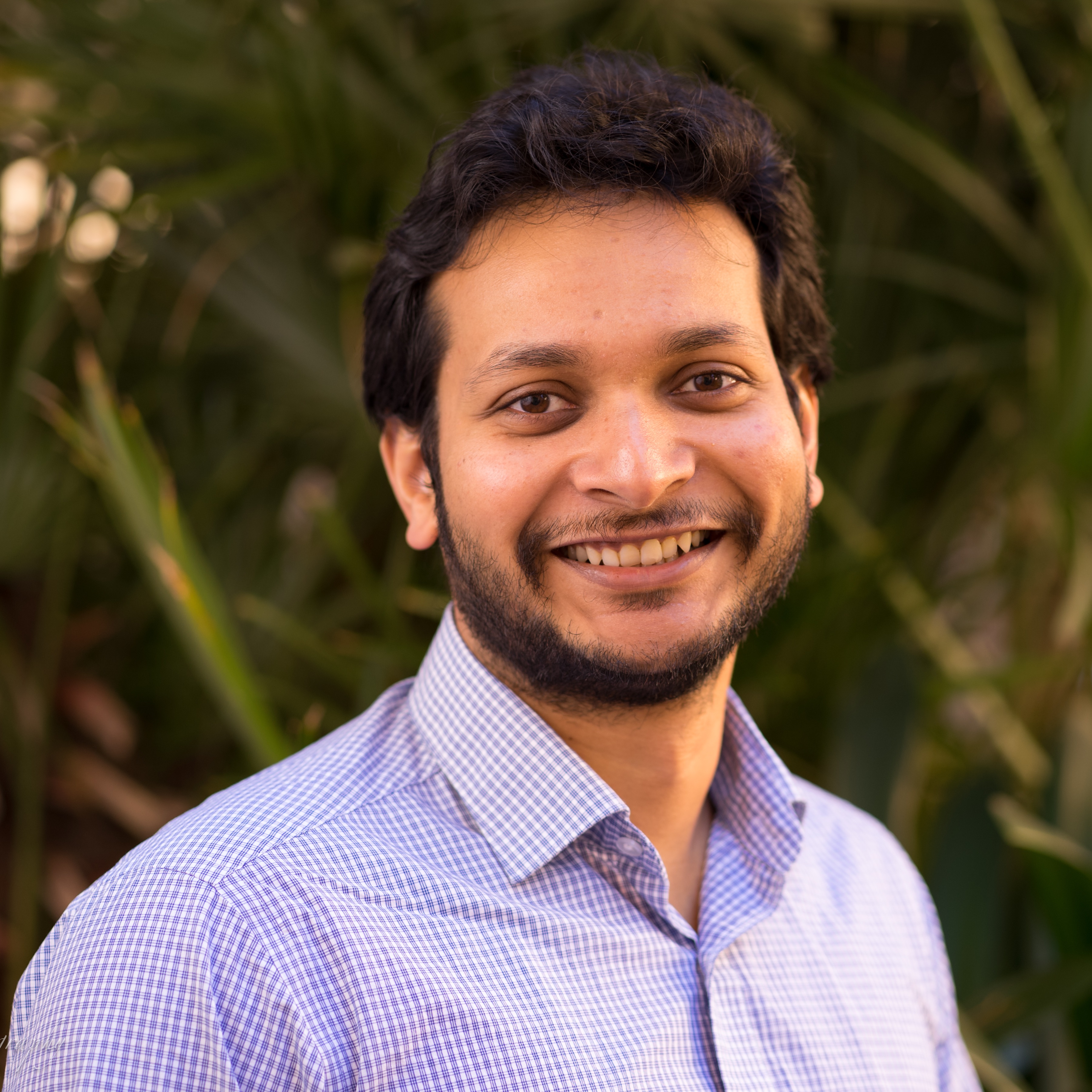 Ankit Jain IIT Roorkee | Atomistic thermal transport in technologically relevant solids Author Bio: Ankit Jain is an assistant professor in Mechanical Engineering at IIT Bombay. He completed BTech from IIT Kanpur and PhD from CMU. He works on Materials discovery from machine learning and high-throughput calculations for energy applications, Thermoelectricity, and Thermochemical reduction of N2 gas to NH3 gas. |
| November 25 at 15:00 | |
 Appala Naidu Gandi IIT Jodhpur | Mechanical Behavior Studies Using First-Principles Calculations
Author Bio: Appala Naidu Gandi is an associate professor at IIT Jodhpur in the department of Metallurgical and Materials Engineering. He completed PhD from Imperial College London. His research interests are First-Principles Calculations, Molecular Dynamics, Thermoelectric Transport, Lattice Dynamics, Mechanical Behaviour, and ab-initio Characterisation. |
| November 25 at 15:30 | |
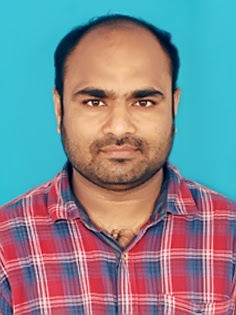 G. Sainath IGCAR | Computer simulations for mechanical behaviour of nanowires and nanocrystalline materials Author Bio: G. Gainath is Scientist in the Metallurgy and Materials Group at IGCAR for 13 years now. He completed PhD from IGCAR in Physical Sciences. His research interests include Computational Physics and Computational Material Science. |
| November 25 at 16:00 | |
 Manoj Warrier BRNS | Statistical Uncertainities in Molecular Dynamics Simulations of Material Response to High Strain Rates and Collision Cascade Simulations The role of statistical uncertainities in molecular dynamics (MD) simulations in two widely addressed problems in computational materials science, viz., (i) stress response to strain to study the Hall-Petch effect and (ii) collision cascades to study irradiation induced damage in materials, will be addressed. In the former we see the uncertainity in material response arising from both, number of grains used in the simulations and the configurations of the grains taking Cu with a mean grain size of 10 nm as an example. We look critically at results for the reverse Hall-Petch effect in W. In the latter we discuss the uncertainities arising from both, the direction of launch of the primary knock-on atom and that arising from the interatomic potential used, taking collision cascades in W as an example. Author Bio: Currently Head Materials and Process Simulation Section at the Compyutational Analysis Division at BARC Facilities Vizag. M.Sc Physics from Hyderabad Central University, Ph.D in Computational Physics at the International Max Planck Research School on Bounded Plasmas, Research Experience - 11 years at IPR - Gandhinagar and 17 years at BARC. |